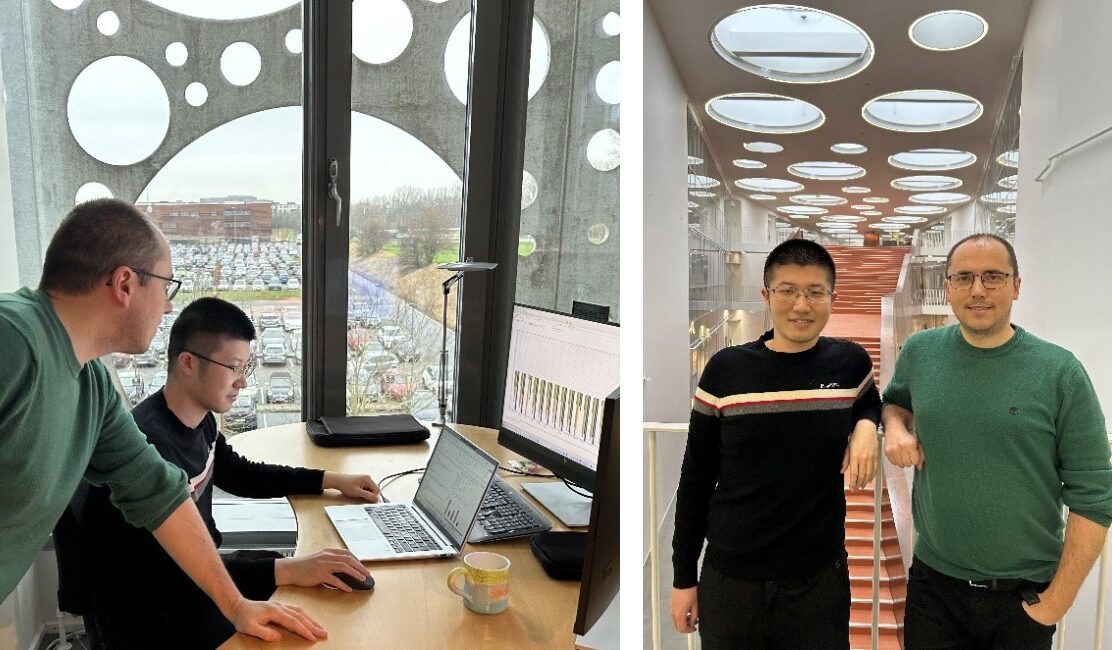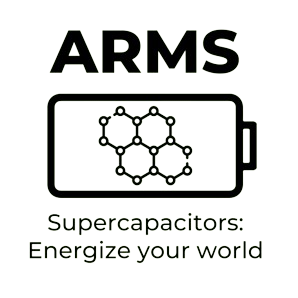Advancing sustainable innovation: the University of Southern Denmark's role in the ARMS project

The University of Southern Denmark (SDU) is a relatively young and fast-growing Danish university (started in 1966). It consists of five faculties that educate just under 30,000 students, and five campuses, the largest of which is in Odense, on the island of Funen. The Faculty of Engineering, affiliated with ARMS, has gained a reputation for cutting-edge research, especially in robotics, and has generated many startups.
The team at SDU involved in the ARMS project consists of Associate Professor Ciprian Cimpan and Postdoctoral Fellow Suiting Ding. The two are part of SDU Life Cycle Engineering, a research section focusing on advancing sustainable solutions through life cycle thinking. The research group specializes in life cycle assessment (LCA), environmental management, and eco-design. They work on evaluating environmental impacts across the entire lifecycle of products, systems, and processes, contributing to sustainable innovation in industries such as energy, materials, and waste management.
